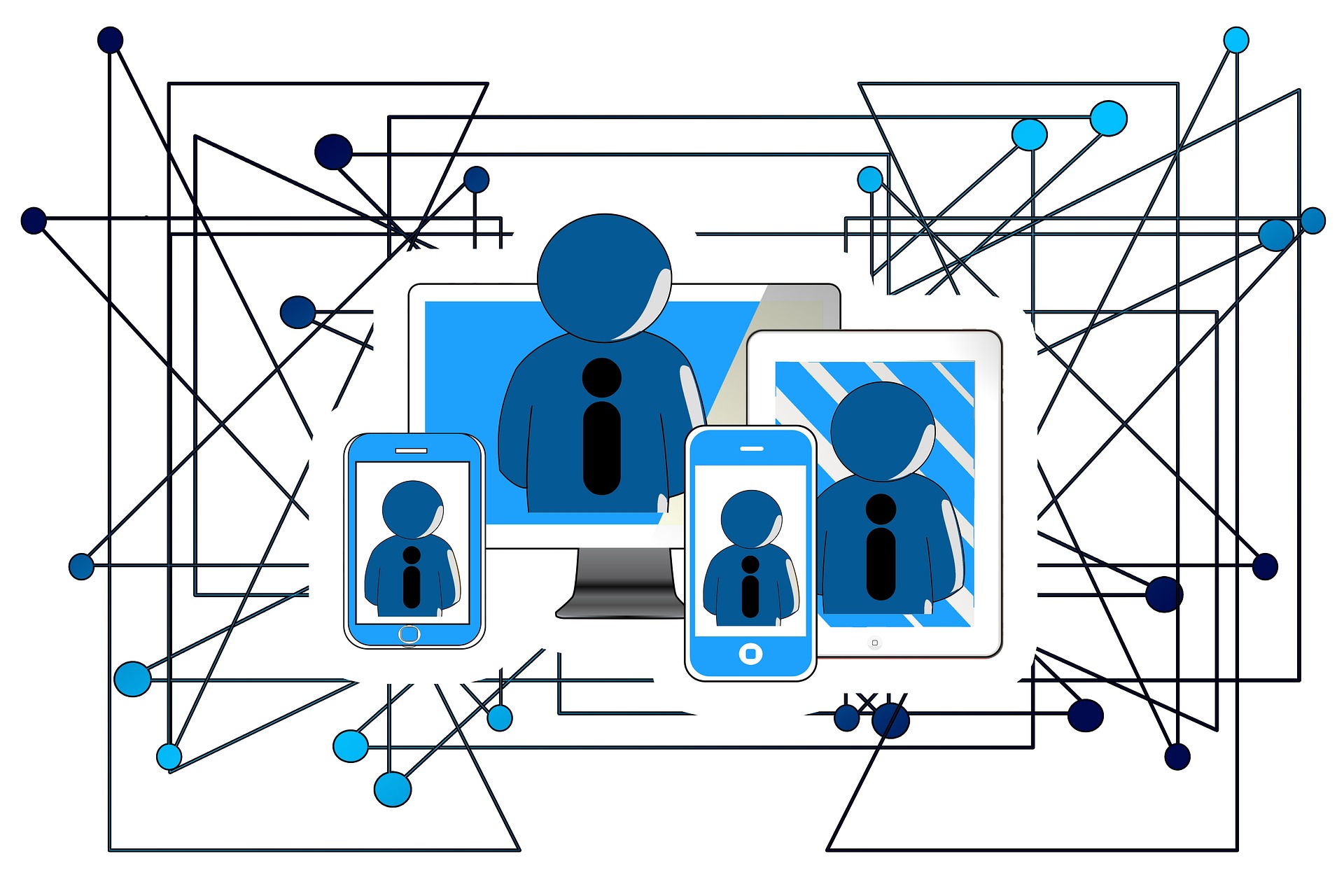"Cultivating Transferable Skills: A Key Strategy in Today's Dynamic Job Market"
Introduction: In an ever-changing job market, one constant remains: the value of transferable skills. These are abilities that can be applied across various roles and industries, making them a valuable asset for any professional. This article delves into the importance of transferable skills, how to identify and develop them, and their impact on career advancement.

The Emergence of Transferable Skills
Transferable skills, also known as soft skills, have been a part of the job market for centuries. However, their importance has grown significantly in recent years due to rapid technological advancements and industry shifts. These skills, which include communication, problem-solving, and leadership, are not tied to a specific job but are applicable across a wide range of professions.
Current Job Market Trends and the Role of Transferable Skills
In today’s job market, technical skills alone are not enough. Employers are increasingly seeking candidates with a strong set of transferable skills. These skills are seen as a sign of adaptability, a trait highly valued in a rapidly evolving job market. Moreover, as automation and artificial intelligence continue to reshape industries, the demand for human skills that cannot be replicated by machines is on the rise.
The Benefits and Challenges of Developing Transferable Skills
Transferable skills offer numerous benefits. They can make you more employable, increase your career flexibility, and enhance your ability to adapt to new work environments. However, identifying and developing these skills can be challenging. It requires self-reflection, continuous learning, and the ability to step outside of your comfort zone.
Real-World Applications of Transferable Skills
Transferable skills are not just theoretical concepts; they have practical applications in the real world. For instance, strong communication skills can help you effectively convey your ideas, negotiate better, and build strong relationships at work. Similarly, problem-solving skills can enable you to navigate complex situations and find innovative solutions.
Cultivating Transferable Skills: A Research-Backed Approach
Research suggests that transferable skills can be developed through various methods. These include experiential learning, mentoring, and targeted training programs. It’s also important to seek feedback and continuously refine these skills.
In conclusion, transferable skills are a critical component of career success in today’s dynamic job market. By identifying and cultivating these skills, professionals can enhance their employability and adaptability, paving the way for a successful and fulfilling career.





